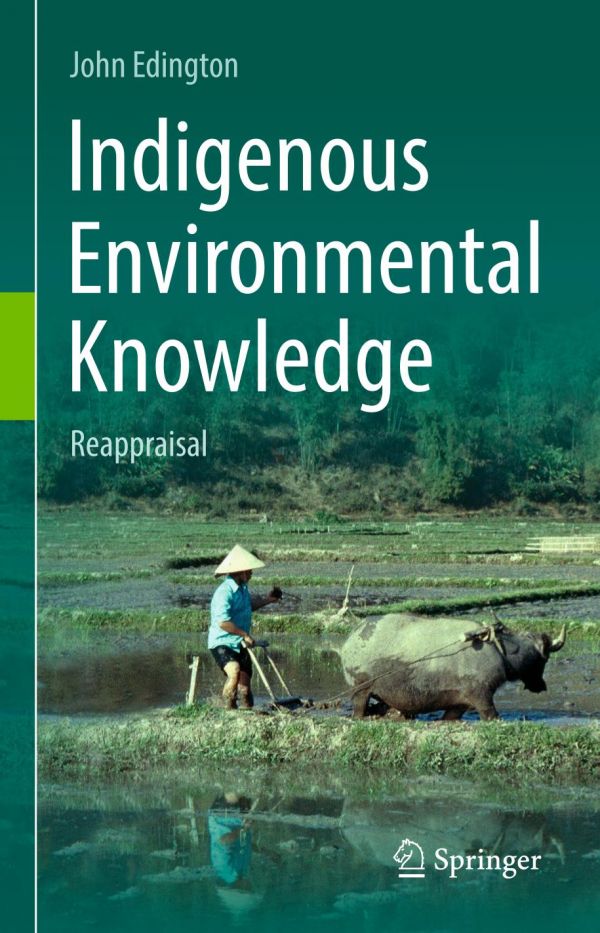

Most ebook files are in PDF format, so you can easily read them using various software such as Foxit Reader or directly on the Google Chrome browser.
Some ebook files are released by publishers in other formats such as .awz, .mobi, .epub, .fb2, etc. You may need to install specific software to read these formats on mobile/PC, such as Calibre.
Please read the tutorial at this link: https://ebookbell.com/faq
We offer FREE conversion to the popular formats you request; however, this may take some time. Therefore, right after payment, please email us, and we will try to provide the service as quickly as possible.
For some exceptional file formats or broken links (if any), please refrain from opening any disputes. Instead, email us first, and we will try to assist within a maximum of 6 hours.
EbookBell Team

4.0
16 reviewsThis book examines comprehensively for the first time, the scope and accuracy of indigenous environmental knowledge. It shows that in some spheres, including agriculture, house design, fuel and water manipulation, the high reputation of local observers is well deserved and often sufficiently insightful to warrant wider imitation. However it also reveals that in certain matters, notably some aspects of health care and wild-species population management, local knowledge systems are conspicuously unsound. Not all the difficulties are of the communities own making, some stem from external factors outside their control. However in either case, remedial measures can be suggested and this book describes, especially for the benefit of practitioners, what steps might be taken in rural communities to improve the quality of life. The possibility of useful transfers of information from local settings to Western ones is not ignored and forms the subject of the book’s final chapter.